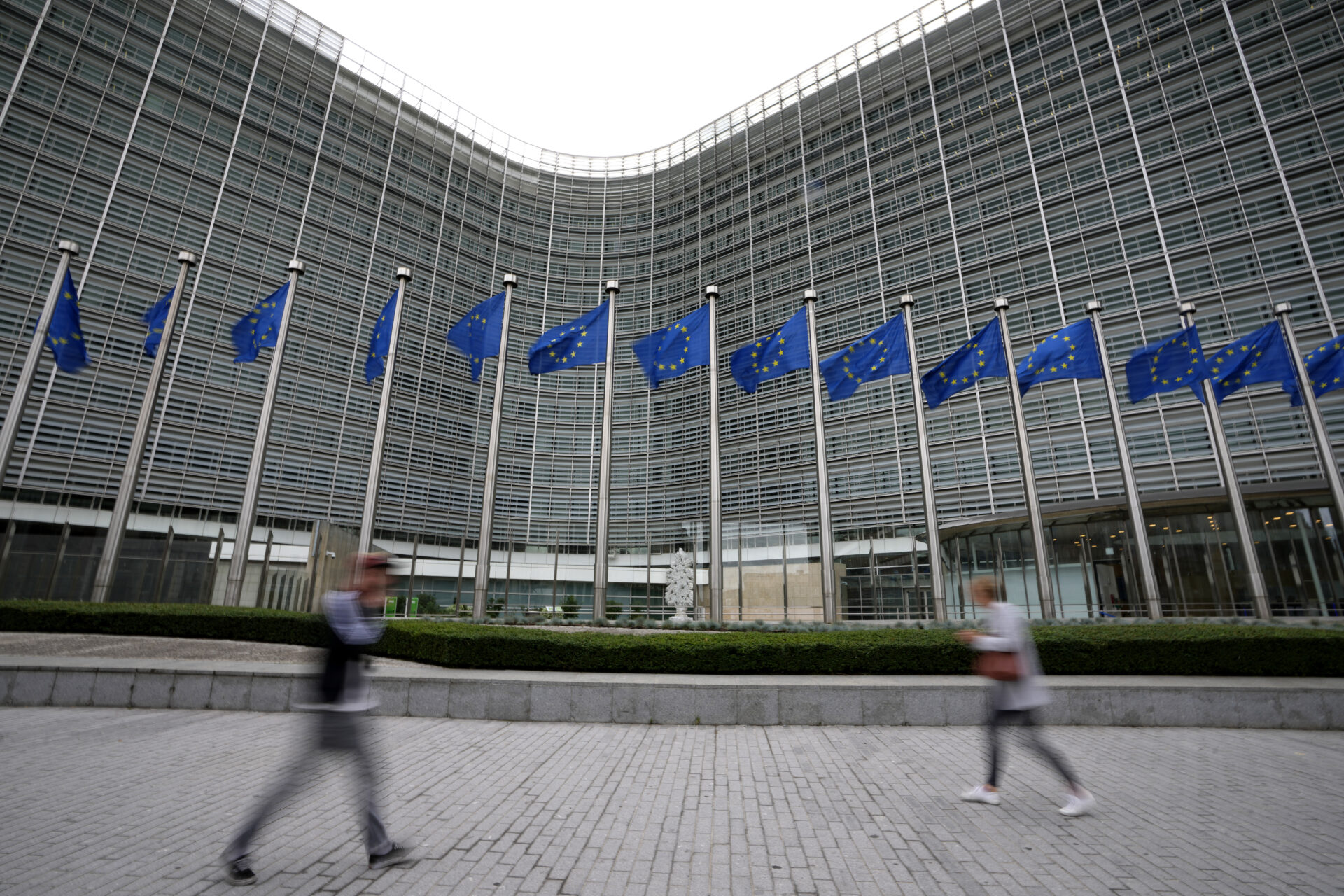Annual Report on the Rule of Law: Improved Image of Greece

Progress steps in Greece’s performance in the rule of law in 2024, compared to the two previous years, are noted in the annual report of the European Commission that was made public, while also emphasizing that challenges remain and greater effort is needed to address them.
Overall, regarding the recommendations in the 2024 Rule of Law Report, the European Commission notes that Greece has made the following steps:
– “Some further progress” in ongoing efforts to create a strong track record of prosecutions and final decisions in corruption cases, including high-level corruption.
– “Significant progress” in further promoting the adoption of legislative and non-legislative guarantees to improve the protection of journalists, particularly regarding abusive lawsuits against journalists and their safety, in accordance with the approved Memorandum of Cooperation and taking into account European standards for the protection of journalists.
– “Some further progress” in strengthening efforts to ensure effective and timely consultation in practice with stakeholders regarding legislative proposals, among other things by adhering to the institutional timeline for public consultation.
– “Limited progress” in assessing the existing legal framework for the registration of civil society organizations and establishing a structured dialogue.
On this basis, and taking into account other developments that took place during the reporting period, the European Commission this year issues four recommendations to Greece, compared to six recommendations last year. These recommendations are as follows:
First, to continue efforts to create a strong track record of prosecutions and final decisions in corruption cases, including high-level corruption.
Second, to improve the “lobbying” framework, among other things by revising the definition of “lobbying” and ensuring its effective implementation.
Third, to continue efforts to strengthen legislative and non-legislative guarantees to improve the safety and protection of journalists, particularly regarding abusive lawsuits, in accordance with the approved Memorandum of Cooperation and taking into account European standards for the protection of journalists.
Fourth, to develop a regular and ongoing structured dialogue with civil society organizations and simplify registration requirements for civil society organizations in order to maintain an open framework for their operation.
Specifically, regarding “Justice,” the European Commission’s report notes that, following a recent reform in Greece, the judiciary participates in appointments to senior positions in the judicial system. It also promotes initiatives from the judiciary to restore public trust in the judicial system. It is also noted that the implementation of the new judicial map in civil and criminal justice, as well as projects to improve digitization, is “progressing satisfactorily.” However, the report highlights that “the duration of judicial proceedings continues to pose serious challenges,” and although initial signs from the implementation of recent reforms are encouraging, it is still early to assess the results.
In the chapter on “Corruption,” the report notes that a new National Action Plan for combating corruption is underway and the National Transparency Authority has a new Board of Directors. It also mentions that organizational changes have been made in the police for better combating organized crime and improving disciplinary procedures. Furthermore, it is noted that “a interoperable common case management system is underway, as efforts to improve the track record of prosecutions and final decisions in corruption cases, including high-level cases, continue.”
Regarding the asset declaration law, the European Commission emphasizes that it has been revised to facilitate the submission and verification process of interest declarations. Additionally, the European Commission states that amendments to the rules on political party financing provide a clearer basis for the return or suspension of state funding. The effective implementation and enforcement of the rules on “lobbying” has improved, but further measures are needed. It is also noted that the efforts being made to mitigate corruption risks in public contracts and improve licensing processes are considered “positive” by businesses.
In the chapter on “Media Freedom,” the European Commission’s report emphasizes that the resources of the media regulatory authority have been strengthened, as the number of employees has increased, but concerns about its independence and funding remain. It is also noted that the new procedures for appointing administrative bodies introduce positive changes, while concerns about the legislative framework and the political independence of public service media persist.
Regarding the transparency of media ownership, according to the European Commission, it is strengthened by the ongoing operation of the Register of Printed Media and the Register of Electronic Press. Furthermore, reference is made to the new law passed in June 2025, which enhances publicity and transparency in the printed and electronic press, strengthening editorial independence and institutional guarantees regarding state advertising, online journalism, and the protection of intellectual property rights. According to the European Commission, the legal framework concerning the right of access to documents has significantly improved, although challenges remain in its implementation. Regarding the safety of journalists, according to the European Commission, “several positive developments have been noted,” although “challenges remain in practice.” It is emphasized that efforts based on measures taken in previous years represent significant steps regarding legislative and non-legislative guarantees to improve the protection of journalists, particularly concerning abusive lawsuits.
Finally, in the chapter on “the functioning of institutions and checks and balances,” the European Commission emphasizes that participation and transparency in the legislative process could be further improved. According to the European Commission, efforts are being made to ensure that the judiciary is more involved in overseeing the immunity regime of Government members; however, challenges previously identified regarding the appointment of members of independent authorities established by the Constitution remain.
The European Commission also notes that progress with the judicial investigation following the Pylos shipwreck is a positive development for beginning to address deficiencies in investigating incidents of alleged misconduct involving police officers. Regarding cooperation with civil society organizations, it has not yet been established on a regular and ongoing basis. (10/7/2025)















































.png?Expires=1838763821&Key-Pair-Id=K2ZIVPTIP2VGHC&Signature=IO0~CT3pU-TcxGc~yoZSmoQx23MZVuK-~4jSii~NKEblRmyO3el7NXPu~Rh1o23voASg7hlcHLw4kvQuDK1jssEhcjoNBBvEpZ~GGOAU6yosBhpHpeF179F~h7i6VxmsBNh9gtTutkoqY73O2YCFey~IAqSzKbBqETP1kP9cAg1916Z1YkJJs-5MliMrkZ5d7-mWGLbpHp2wGj2VlMph8XzYlL4~y1O7fB~JdIS~Rs4RMRs2x0WT1qUIpHAsf3GdwtOyAmKFSpIg8xCyNGZZ5h~13nXlmpd7uPvW8tBfttpG9pFTqcway-uch5WyfHOEfi7UlJCOWrr6fCYY5PMgSg__)







